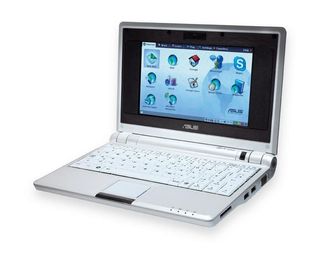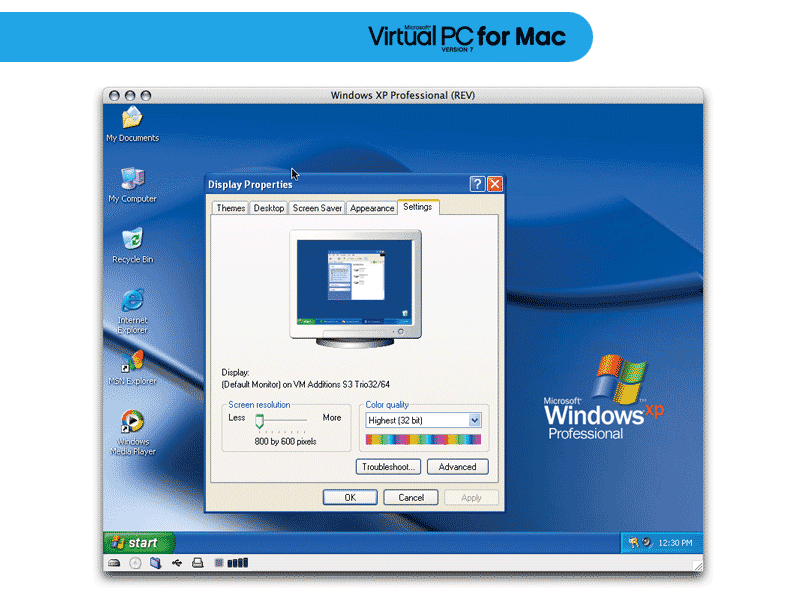The Asus Eee PC 701
The Asus Eee PC 701 was the first netbook. Those cheap and cheerful ultra-portable laptops are useful and popular, so why is the original Eee PC on this list? Despite being a trailblazer, the Eee PC 701 was unusable, even on its own terms. The keyboard was unusably small since it was designed for children. It used Linux instead of Windows, so finding and installing extra software was a chore. The 7in screen with its puny resolution of 800x480 pixels was an optician's worst nightmare.
Anyone who bought an original Eee PC was surely the laughing stock of more sensible people who waited for more sensibly designed netbooks.

Microsft VirtualPC for Mac
Before Apple's Macintosh computers switched over to using industry standard Intel processors, they used PowerPC processors designed by IBM or Motorola. If you needed to run Windows software on a PowerPC-equipped Mac, you had to use emulation software which simulated an Intel processor on the Mac allowing Windows to run. Unfortunately the burden of running not only two operating systems at the same, but creating a virtual processor meant that the performance of the actual applications was appallingly slow.
The fact that it worked at all was astonishing and it was good enough for very casual use. Serious users just went out and bought both a Mac and a cheap PC.

Western Digital Raptor hard disks
Get the ITPro. daily newsletter
Receive our latest news, industry updates, featured resources and more. Sign up today to receive our FREE report on AI cyber crime & security - newly updated for 2024.
Most internal desktop hard disks have a spindle speed of 7,200rpm and are more than fast enough for most tasks. The Western Digital Raptor hard disks have a spindle speed of 10,000rpm instead.
Although they are a bit faster than 7,200rpm hard disks, they're not as fast as solid state disks (SSDs). Raptors also cost around fives times as much as a standard hard disk but have half the capacity.
Raptors were always a mildly exorbitant luxury; with SSDs available they're now a ridiculously odd anachronism with no place in the vast majority of computing storage tasks.




